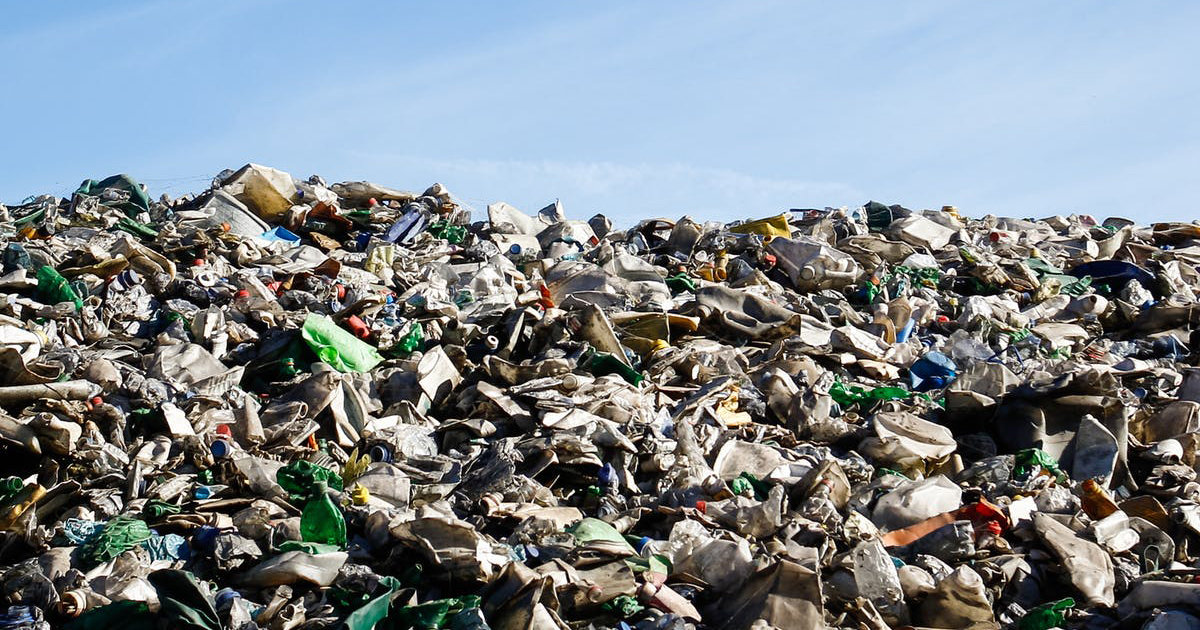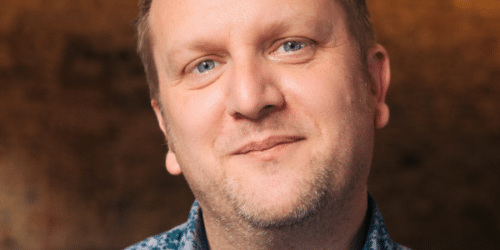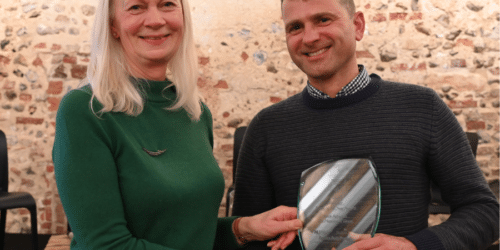
Control. Alt. Delete? We know that our planet faces serious waste issues, but what if we redefined rubbish?
In the first Dragon Hall Debate of 2020, we tackle the issue of rubbish. It’s clear to see the effects of physical waste on our planet, so we ask the questions: how did we get to this point? Are rubbish and economy intrinsically linked? Has a culture of waste contaminated our creativity? We turn to the experts for answers…
Book your free tickets for Dragon Hall Debates: Rubbish on Monday 27 January 2020 here.
How our economy can work for us – one tin of beans at a time
Rowan Van Tromp, a UEA graduate, co-founded Norwich FoodHub CIC in 2016 following a period of volunteering as a hub leader for Norwich FoodCycle, a branch of the national charity FoodCycle. Since forming, FoodHub has collected and redistributed over 75 tonnes of food that would have otherwise been wasted. He is currently working alongside other organisations within Norwich to better coordinate the collection and redistribution of food, to increase the amount of food that is saved and to increase the provision of food to those who need it most.
You can see how a Norwich FoodHub collection of unwanted food works in this video:
Find out more about the Norwich Food Hub, co-founded by Rowan van Tromp >>
More info on the Norwich FoodHub:
Food waste – is legislation the best path to follow?
More info on food waste:
Western countries throw out nearly half of their food, not because it’s inedible – but because it doesn’t look appealing. Tristram Stuart delves into the shocking data of wasted food, calling for a more responsible use of global resources.
How we can change our behaviour
Alun Housago works in Norfolk’s local authority waste and recycling sector and has over 20 years’ experience in a variety of roles. He is an active member of the Chartered Institution of Waste Management, having been a regional councillor for over 15 years and East Anglian Centre Chairman for three. Alun’s current focus is the development of partnerships and behaviour change around repair, reuse, waste reduction and reduction of contamination in household recycling streams.
Read The Chartered Institution for Wastes Management online magazine >>
Can rubbish be redefined?
Dr Lorna Richardson is a lecturer in digital humanities at UEA, and specialises in digital heritage, digital ethics and social media research methods. She is an archaeologist by training, with a special interest in digital forms of archaeology and digital public engagement with heritage. She is a Fellow of the Society of Antiquaries, a member of the Association of Internet Researchers and is an ethics officer for Computer Applications in Archaeology International.
You can see Lorna Richardson’s academic publications here >>
Writing about rubbish
Dr John Wedgwood Clarke is a poet, prose nonfiction writer, editor and academic at the University of Exeter. He builds creative-critical dialogue and collaborative practices into his writing and teaching. His 2017 poetry collection, Landfill, explores the poetics of rubbish and marine ecology. It was funded by Arts Council England and The Leverhulme Trust. Poems have been included in PN Review, Poetry Review, Poetry Ireland, POEM, Poetry Wales, The New Statesman, Guardian and others.
Further reading:
BBC’s File on Four on the legacy of landfill
BBC Radio 4: the landfill designers
BBC World Service on landfill sites
BBC radio on turning waste into energy
BBC radio’s The Food Chain on alternative packaging materials >>
Coming soon: BBC’s The Art of Now on the artists exploring waste and pollution in their work >>
You may also like...
Writing ‘Ghostland: In Search of a Haunted Country’
In this article, writer and NCW Academy tutor Edward Parnell shares his experience writing his mixed-genre book ‘Ghostland: In Search of a Haunted Country’.

29th February 2024
‘The Meaning of Geese’ wins East Anglian Book of the Year 2023
The debut book from Norfolk conservationist Nick Acheson is crowned the overall winner of the East Anglian Book Awards

16th February 2024
Read three of the best poetry collections based in the East of England
Our weekly spotlight on an East Anglian Book Awards 2023 shortlist

19th December 2023






